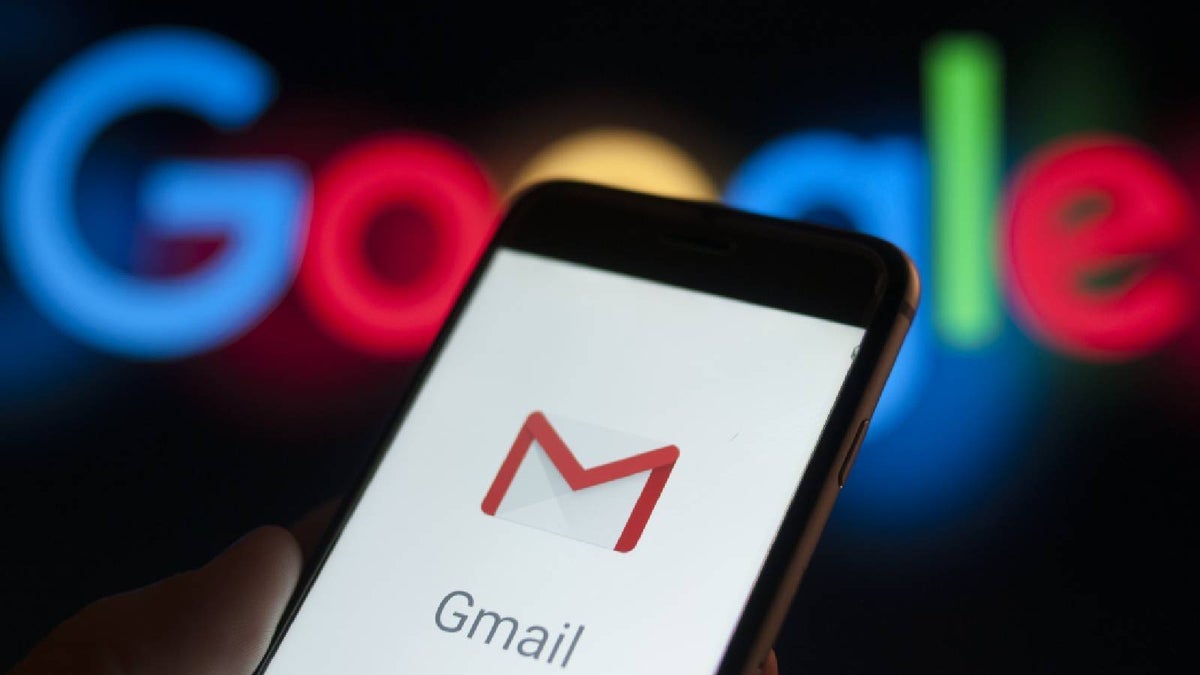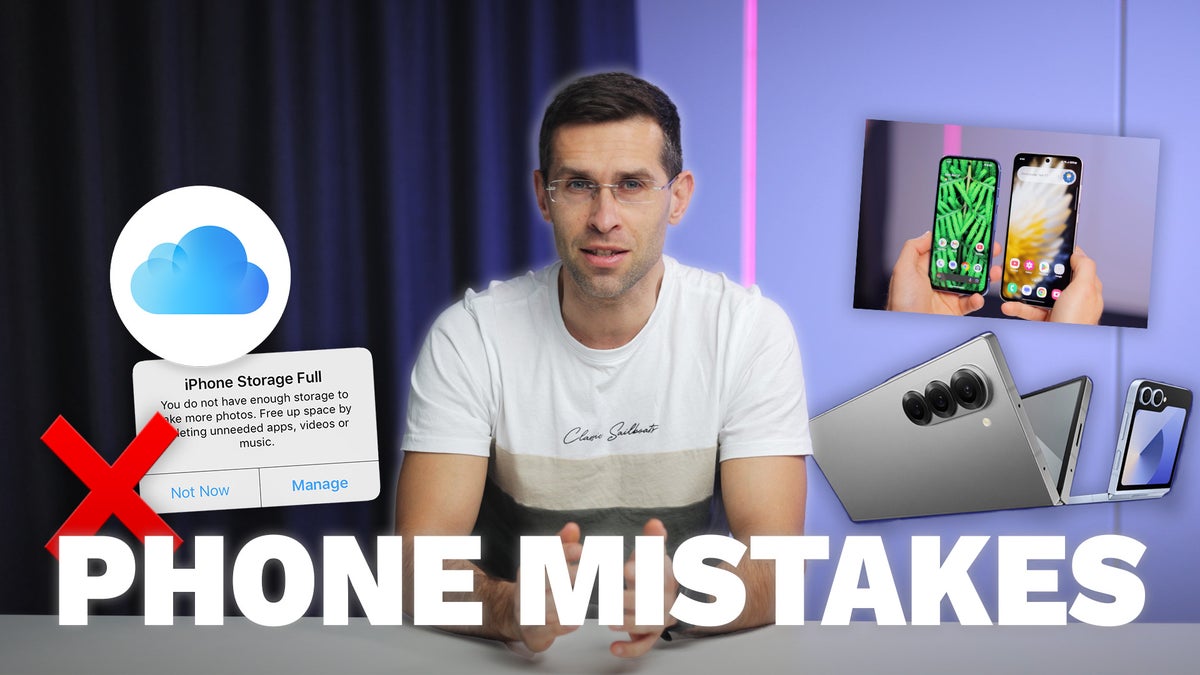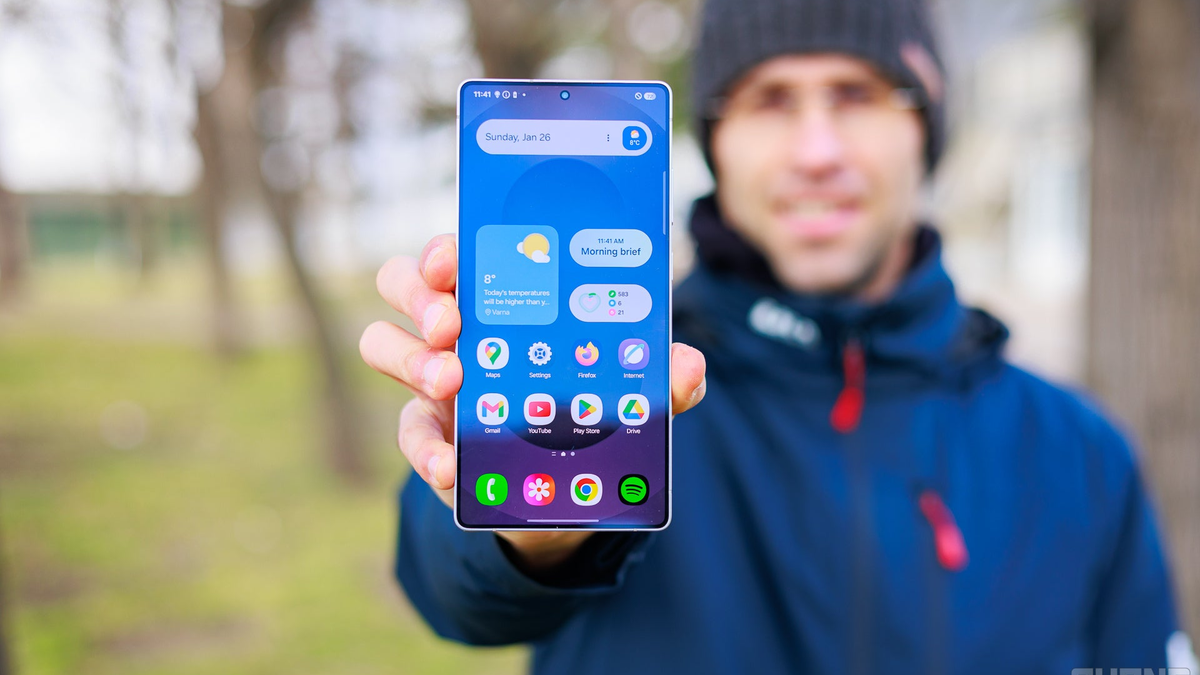[ad_1] Facultancy tactics developed after basic email fraud; Poor actors now use social engineering methods to process users to deliver accreditation data. Since the exhibition Gmail account gives access to a set of Google services and sensitive data, fraudsters and infiltrators are fond of the platform. Adrianus Warmenhoven notes that the preparation of the attack requires minimal effort, with some tools that are able to clone reliable sites in seconds. There is something called an open deception set, which is a harmful tool available in underground forums, and increases the problem. This set of tools manipulates descriptive data to make hunting links look legitimate, and users are deceived to click on the harmful URL addresses. It allows attackers to customize attachments, integration with field management services, and even modify the actual time re -guidance settings, making detection and prevention more difficult. Google also recommends Gmail users to be careful with unknown emails, avoid downloading suspicious files, and never respond to unwanted requests for personal information. If you are in doubt, users should check the account safety by accessing directly to the official website of Google instead of clicking on links inside emails. 
[ad_2]
Download
Gmail scams are through the roof, so… lookie, but definitely no touchie!
| Name | |
|---|---|
| Publisher | |
| Genre | News & Magazines |
| Version | |
| Update | February 11, 2025 |
| Get it On |  |









